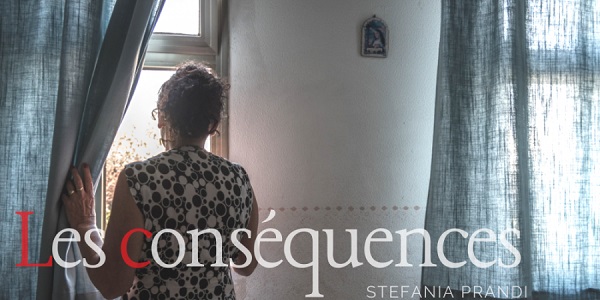
Time For Equality has announced that, in collaboration with the Rotondes, it is organising an open-air exhibition of photos taken by Stefania Prandi (it opened on 19 October and is open until 16 November 2021) in the Parvis de Rotondes in Luxembourg-Bonnevoie.
The exhibition shows the daily lives of those who are left behind, to bear witness that the absence of a loved one can be transformed into an active presence against gender-based violence.
For three years, Stefania Prandi collected images of faces, objects, places which represent the point of view of people who were involved in a femicide and who have not given in to gender-based violence.
Those dealing with the consequences of femicide – a term used to define the killing or disappearance of a woman because of her gender and for reasons of hatred, contempt, pleasure, or a sense of possession – are mothers, fathers, sisters, brothers, and children. They are the ones with grief and shattered lives, with memories kept alive by pictures. They must bear the weight of the legal expenses and the humiliation in courts, as well as in the media where it is the behaviour of victims that is questioned rather than that of the killer.
Nevertheless, an increasing number of families of the victims of femicide are engaged: they write books, organise meetings at schools, start petitions, collect funds for awareness-raising campaigns or engage in online activism. Their objective is to have society understand that what they went through was not due to fate or to a particular fault, but rather a widespread culture of sexism.
"Stefania Prandi has captured the pain and grief without falling into the usual depiction in the media, to remind us that we should not forget" – Chiara Cretella
Stefania Prandi is an Italian journalist, writer and photographer who deals with gender, social and environmental topics. She has reported from Italy and several other countries in Europe, Africa and South America. She is the author of the book Oro rosso (2018, ed. Settenove) on the situation of women who are exploited and harassed while working in tomato and strawberry fields in Spain, Italy and Morocco. In 2020 she published her second book Le conseguenze (ed. Settenove).








